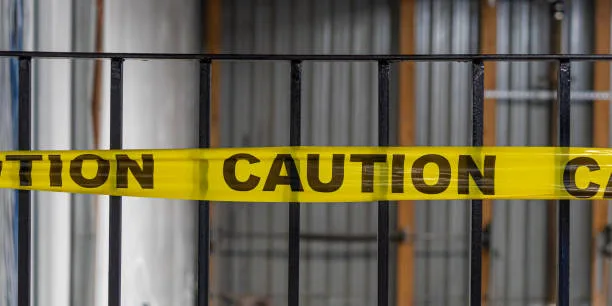
Premises liability claims arise when a person is injured due to an unsafe or defective condition on someone’s property. Premises liability laws are in place to ensure that businesses and property owners provide safe environments for visitors on their property.
The Texas Premises Liability statute details the liability imposed on property owners. In Texas, the specific duty owed by the defendant to the plaintiff in a premises liability case depends on the classification or legal status of the plaintiff at the time the injury occurred. Your legal status on the property affects what obligations the owner or occupier has and defines the duty owed to the injured party.
There are three legally recognized statuses that an injured person could fall under:
(1) Invitee: an invitee is a person who enters the premises with the owners express or implied knowledge, for the mutual benefit of both parties. Often, invitees are on properties where the public is generally invited. This may include: (1) customers; (2) diner at a restaurant; (3) guest at hotel; (4) client at an office.
The owner has a duty of ordinary care to inspect the premises, to fix or make safe any dangerous condition, or give an adequate warning about potentially unsafe conditions.
A duty owed to an invitee is higher than the duty owed to licensees and trespassers.
(2) Licensee: these are social visitors, such as guests to your home. They enter the premises with the owner’s express or implied permission. Licensees include (1) a person delivering food or packages; (2) a person performing a service (i.e., yard work, plumbing); (3) a friend who visits or is a party guest.
The owner does not owe a duty to inspect the premises but does owe a duty of ordinary care to fix or make safe any dangerous conditions or give adequate warning of dangers to guests. As a licensee, you must show the owner had actual knowledge of the dangerous condition that caused your injury.
(3) Trespasser: a trespasser is a person who enters the premises without lawful right or the consent of the owner.
An owner does not owe a duty of ordinary care to anticipate trespasses, to inspect the premises, or to keep the premises safe. The only duty an owner owes to trespassers is the duty to refrain from injuring trespassers willfully, wantonly, or through gross negligence.
If you or someone you love has been injured as a result of someone else’s negligent acts, contact an experienced attorney at Abraham, Watkins, Nichols, Agosto, Aziz & Stogner by calling 713-222-7211 or 1-800-870-9584 for your free consultation. The law firm of Abraham, Watkins, Nichols, Agosto, Aziz & Stogner is the longest standing personal injury firm in Texas, and our attorneys are standing by to assist with your claim.
